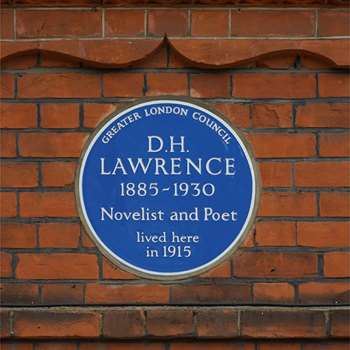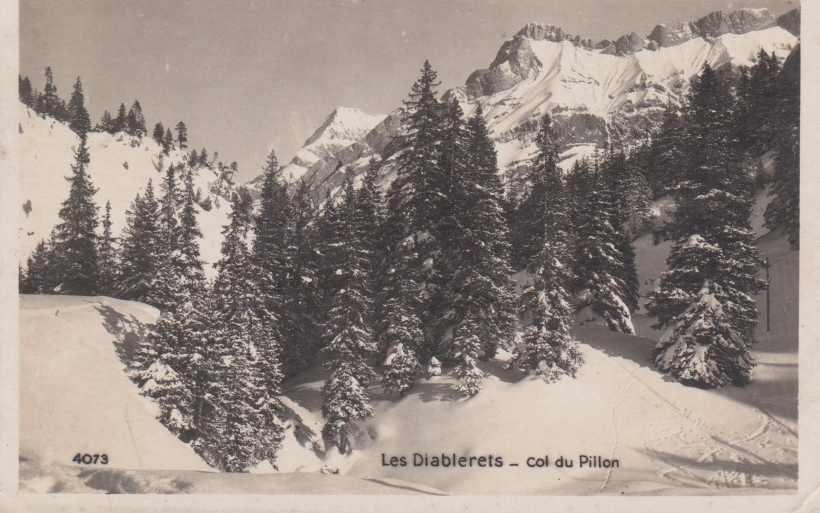Part way through this spring term Geoff Colman – Head of Acting at Royal Central School of Speech and Drama – gave an acting workshop for the students at New College of the Humanities.
Seven students had rehearsed a speech of their choice. Geoff deconstructed and reconstructed these using a variety of methods and some amazingly perceptive stabs at the volunteers’ backgrounds – for example, whether they had any RADA training behind them.
Along the way he revealed much of his (Stanlislavsky-based) theory of acting, with the aid of some striking metaphors and aperçus.
Here I present a few of these, glossed by my best attempt at a paraphrase of his thought.
- Reality changes, so realism changes
This is also a point I make to my students when teaching Victorian literature: Victorian reality isn’t our own, and we shouldn’t judge the realism of a Victorian novel by the standards of the latter. Eleventh-hour rescues from execution seem melodramatic, but they happened, as they do today still in the United States. Similarly, Geoff pointed out that Laurence Olivier was praised for his naturalism by his contemporaries, who were not wrong – but both nature and naturalism have shifted.
- Reality has to be faked
Gesturing to the room in which the workshop was taking place, Geoff made the point that, reconstructed on a stage, the room would not look real. The real is not the realistic, and the istic lies in artistry. The Georgians who hired Capability Brown to landscape their gardens said that they wanted them to look natural, but in fact wanted them to be naturalistic. The stage, with or without a proscenium arch, acts as a frame, and what is on it is seen by the standards of art, not life.
- In theatres, we switch on internal aeroplane settings
That is, during live performance situations, we switch off our sense of living. Hence our demand for the realistic rather than the real.
- You have to put words behind you
We don’t think in words, and we often don’t say what we think. We think in images, and our thought as we speak has far more complexity than our words. An actor must deliver lines whilst occupied by that complexity of thought by, as it were, putting words behind them. The exception, Geoff admitted, is in Renaissance drama, where the speech as written is the thought. Elsewhere, all bets are off.
- Multiplex thought
If passive thought is the mental visualistion of stills, and active thought is the watching of a film, our minds are so complex that we can multiplex thought. A naturalistic actor has to do this, whilst acting.
- Don’t pretend, curate the character inside your being
An actor should be the version of their character that they would be if they were that person. For example – one of the last careers that Geoff would ever think of pursuing is that of a policeman, but once he was obliged to act the part of a policeman. It eventually came right when he acted the policeman that he would be, were he to be a policeman. Likewise, an actor playing King Lear must play him as King Lear would be were he that actor, or as the actor would be if he were King Lear.
- Keep the trap door to your intelligence open to let the animal seep in
This highly Lawrencian advice was advice addressed to a room full of undergraduates. ‘I can tell that you’re all good at thinking’, he said, ‘but you can’t act just by thinking.’ It turned out that the workshop’s four hours weren’t enough for him to crowbar the doors open. He got us to do an exercise that he often uses with companies of actors. We sat on the floor in two parallel lines all facing one direction, so that those in one line were looking at the backs of those in the other. Then a single person in the front line was silently picked out by someone in the back line, and everyone in the back line had to look at that person. If anyone in the front line felt that everyone in the back line was looking at them, then they had to turn round. We played it time and again, facing one way and then the other. But nobody ever turned round. Our trap doors were firmly shut, and the monologue in the loft was: ‘There’s only a ten percent chance that it’s me. There’s no rational way that I would be able to feel if it were me. And if I turn round and it’s not me, then it will be more embarrassing than if it is me and I don’t; one way I’ll look narcissistic – the other way, just a bit insensitive.’ Geoff informed us that in companies of actors that know each other well, the right person turns round, every time, straight away. I’m prepared to believe it.
- Acting is like playing the recorder
Anyone can do it. But most people do it badly, and only a very few people can do it well.
- You can’t always feel it whilst performing, but it is useful to have felt it in rehearsal
This applied to all his advice. That is what acting training is about.




